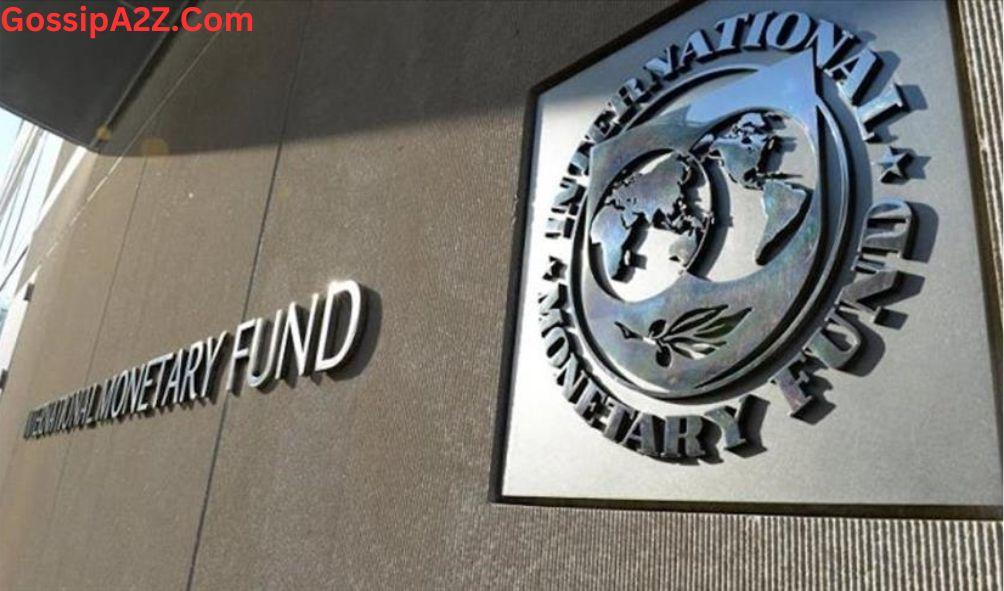IMF Urges Kenya to Halt Oil Imports on Credit, Citing Currency Risk
The government has announced plans to withdraw from the oil import on credit agreement between Kenya and oil-producing corporations in the Middle East.
This was in response to the International Monetary Fund’s (IMF) concerns that the agreement could consume public funds.
Government oil import agreement is detrimental to Kenyans.
Martin Chomba, chairman of the Petroleum Outlets Association of Kenya (POAK), told GossipA2Z.com that the IMF’s concerns could fit various models utilized by the government for the December 2023 review of the oil deal.
“The government has expressed interest in experimenting with various models of government-to-government relations. The scheme was up for review in December 2023, but the IMF is attempting to persuade the government not to offer guarantees, which would put consumers at risk… because it lacks its funds. The government will use public funds to mitigate private office, according to Chomba.
The IMF urged the Kenyan government to relinquish control of a program designed to stabilize the Kenyan shilling in favor of private-sector actors.
Treasury CS Njuguna Ndung’u verified the action and stated that the government was not actively involved.
ALSO READ: Banks Resist Proposal to Raise Cash Reporting Limit to Sh2.1m
“The government will withdraw and allow the market to operate independently with these deferred letters of credit. According to Business Daily, Ndung’u stated, “We have gone through multiple cycles until the IMF understood.”
Kenya should renegotiate its oil import agreement
Njuguna stated that the international lender desires renegotiation of the program so that all associated risks are borne by the private sector.
If foreign exchange valuation losses are not passed on to consumers, according to the IMF, the government will be forced to use taxpayer funds.
“To reduce risks to the budget, changes to the mechanism for setting pump prices should ensure that fuel price decisions are always aligned with budgeted resources,” the IMF stated.
The government sent a delegation to the United Arab Emirates in July 2023 to renegotiate the agreement before the first payment of $500 million (KSh 70.6 billion) to the corporations. Chomba affirmed that the agreement prevents Kenyans from benefiting from a decline in international fuel prices.
Despite a 24% decline in international crude oil prices to $79.55 (KSh 11,113) per barrel in May 2023, the current retail prices for a liter of gasoline, diesel, and petroleum are KSh 195.53, 179.67, and 173.44, respectively.
IMF Urges Kenya to Halt Oil Imports on Credit, Citing Currency Risk
